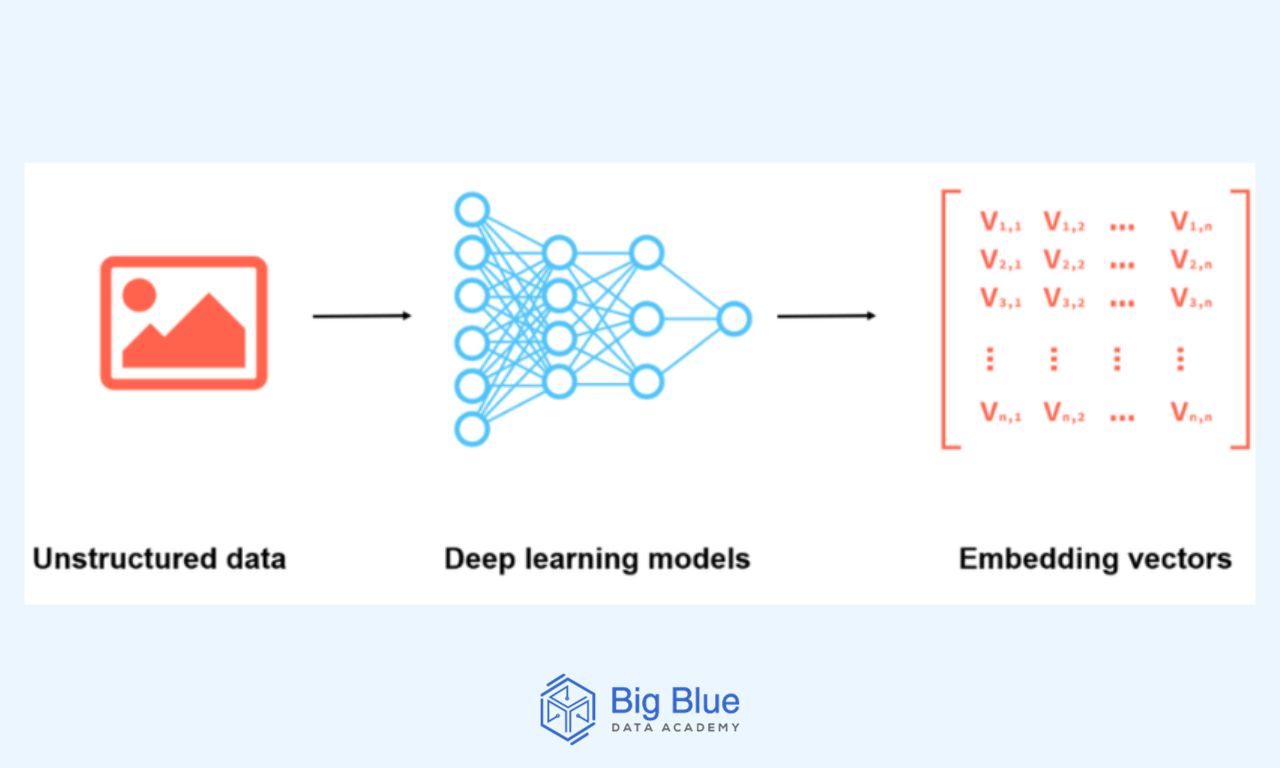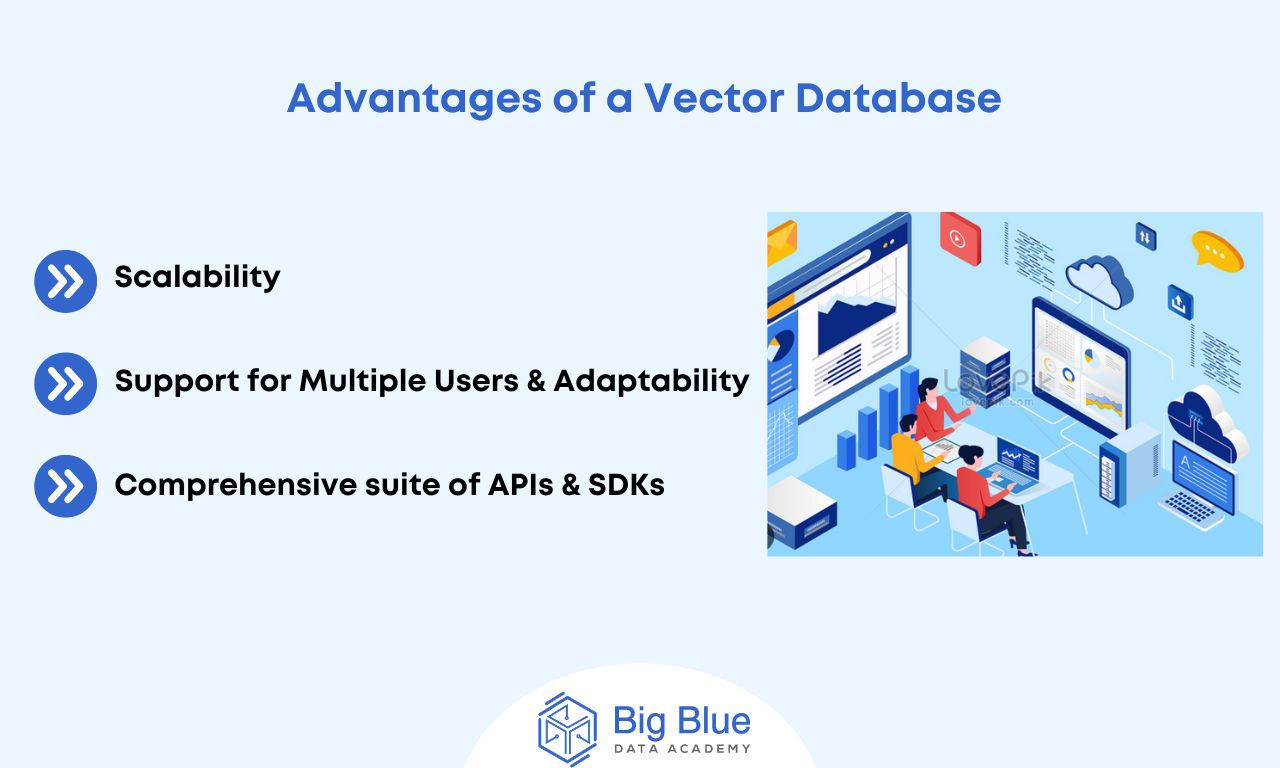Vector Database: Definition, Benefits & Applications
In the field of Artificial Intelligence and Machine Learning, the enormous amounts of data collected, stored, and analyzed require systematic handling and processing.
In a previous article, we discussed relational databases, which represent the most traditional form of databases.
In today's article, we will talk about vector databases, which have emerged as essential tools for storing and analyzing multi-dimensional data vectors.
Specifically, we will cover:
- What a vector database is and how it works
- The advantages they offer
- Some basic use cases
Let's start with the basics.
What Is a Vector Database and How Does It Work?
A vector database is a type of database that stores data in the form of multi-dimensional vectors representing certain characteristics or properties.
The number of dimensions in each vector can vary based on the complexity of the data, which may include images, text, sound, etc., and is sometimes transformed into numerical representations using embeddings.
Data can be effectively utilized in applications of artificial intelligence and machine learning through these embeddings, achieved using a specific neural network.
Thanks to embeddings, non-numeric data, such as text, is transformed into a format that machine learning models can use, allowing them to identify patterns, relationships, and similarities in the data.

Overall, a vector database is designed to accurately and efficiently locate and retrieve data based on their vector similarity.
This enables searches based on semantic relevance rather than exclusive exact matches.
Now that we've covered what a vector database is and how it works, let's explore its key advantages.
What Advantages Does a Vector Database Offer?
Vector databases are very important tools for exploiting and extracting features from unstructured data such as images, videos and text to the fullest.

So below we have gathered the main advantages that make them stand out.
Advantage #1: Scalability
A vector database can ensure scalability to multiple nodes, accommodating the increase in data, which can reach even millions of elements.
Advantage #2: Support for Multiple Users and Adaptability
Vector databases offer adaptability, user-friendly interfaces, and the ability to adjust the system based on query rate fluctuations.
They can support multiple users and prioritize effective data isolation, ensuring that changes in a dataset are not visible to other users, thus guaranteeing data security and privacy.
Advantage #3: Comprehensive Suite of APIs and SDKs
Popular vector databases like Pinecone, Weaviate, and Chroma provide a full suite of APIs and Software Development Kits (SDKs).
For example, Pinecone offers SDKs in various programming languages such as Python, Go, and Java, ensuring flexibility in development and management.
These capabilities empower data engineers and data scientists to build and implement large-scale machine learning applications that efficiently process and analyze data at scale.
Now that we've discussed the key advantages of a vector database, let's look at some use cases.
3 Use Cases of a Vector Database
Financial Sector
Vector databases can be effectively used in the financial sector for analyzing complex financial data, helping financial analysts identify patterns and trends.
Recognizing and pinpointing key similarities or deviations enables systematic predictions regarding the market and the formulation of suitable strategies.
E-commerce
In the e-commerce sector, vector databases enable the creation of advanced recommendation systems, providing consumers with personalized shopping experiences.
Consumers receive product recommendations based not only on their previous purchases but also on their consumer behavior, preferences, and similarities in product features.
Natural Language Processing (NLP)
Vector databases can enhance Natural Language Processing (NLP) applications.
By converting large and complex text data into vectors, chatbots and virtual assistants, fundamental applications of NLP can better understand and respond more effectively to human queries.
Ramping Up
In summary, we've discussed vector databases, their advantages, and some basic use cases.
Vector databases have vast potential and applications, and when integrated into advanced machine learning models, they can bring revolutionary advancements to various fields, from e-commerce to NLP.


.jpg)